10. Denzel Washington in Malcolm X
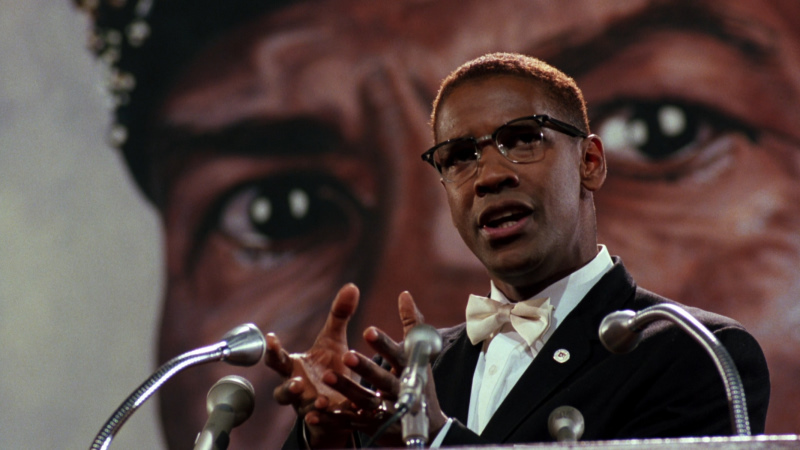
The great 1992 epic biopic about the activist Malcolm X gave Denzel Washington the job of impersonating this great drama. The life of Malcolm X and the way it was depicted in the film is full of crisis and moments of hope and understanding.
In this film, Washington delivered one of the most memorable roles of his career, displaying his great emotional range and the passion he was able to convey through a character.
9. Al Pacino in Scarface
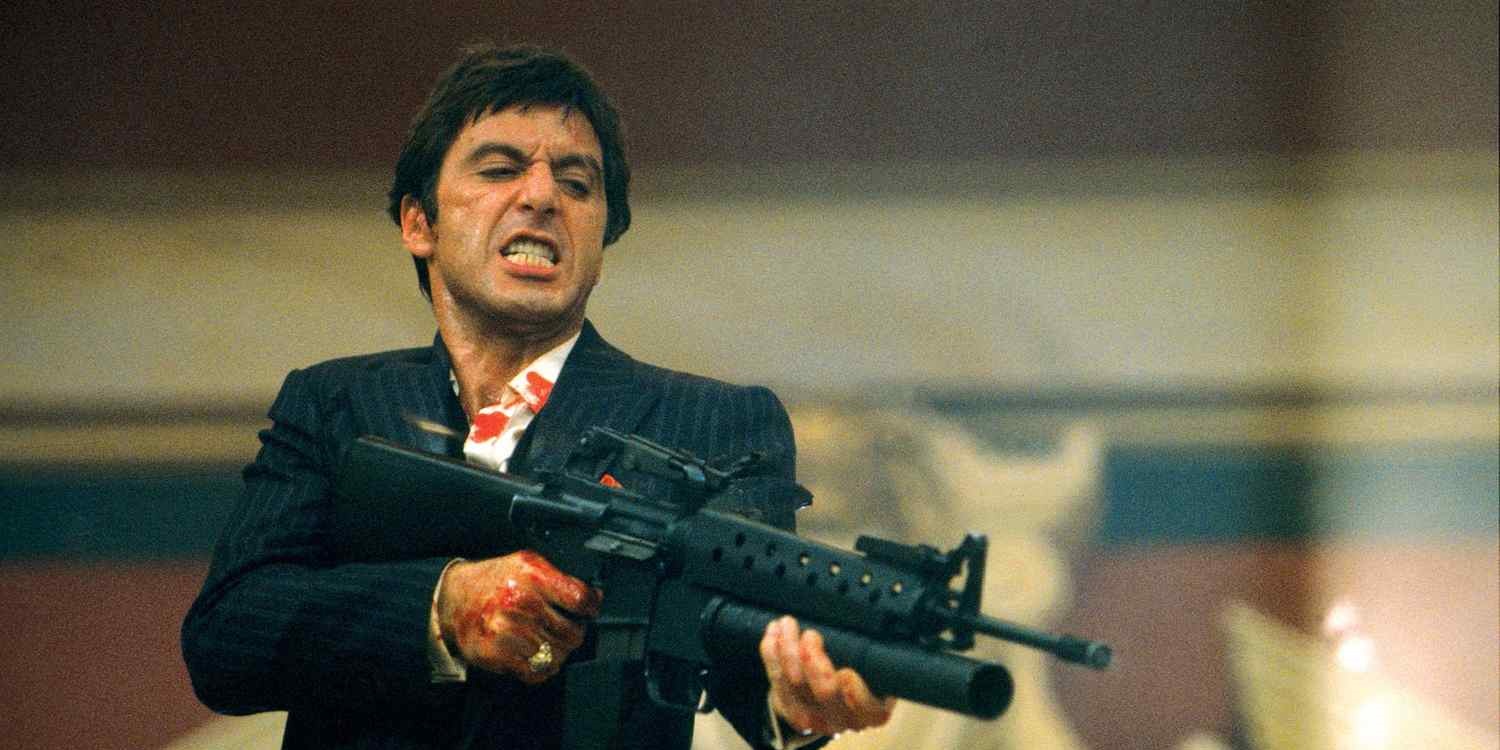
Directed by Brian De Palma, “Scarface” is a 1983 film depicting the rise and fall of Tony Montana. Playing the main part of Montana is Al Pacino, creating one of the greatest transformation arcs in film history.
Pacino creates a character that goes from the initial illusion that he has when he arrives to America, to the disenchantment when he is on the top of the gangster world. Montana rides a path of self-destruction in which he becomes more and more violent, and Pacino depicts this anger wonderfully and uniquely.
8. Charlie Chaplin in City Lights
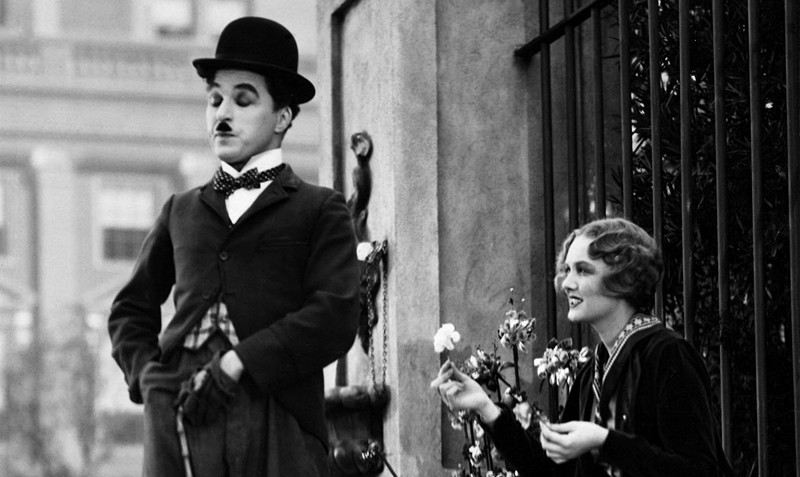
The films of Chaplin are unique: they stand as a landmark in cinema, a triumph of cinema as an art form, and as a way of expressing the best of humanity, and in his filmography, “City Lights” is one of the brightest jewels. In this film, Chaplin portrays the naive and kind character of most of his films; the acting in this film is different from the rest of the appearances in this film.
Through physical comedy, Chaplin creates compelling moments, but when the moment demanded him to stay and look at another human being with kindness, he was able to do it as nobody else could.
7. Toshiro Mifune in The Throne of Blood
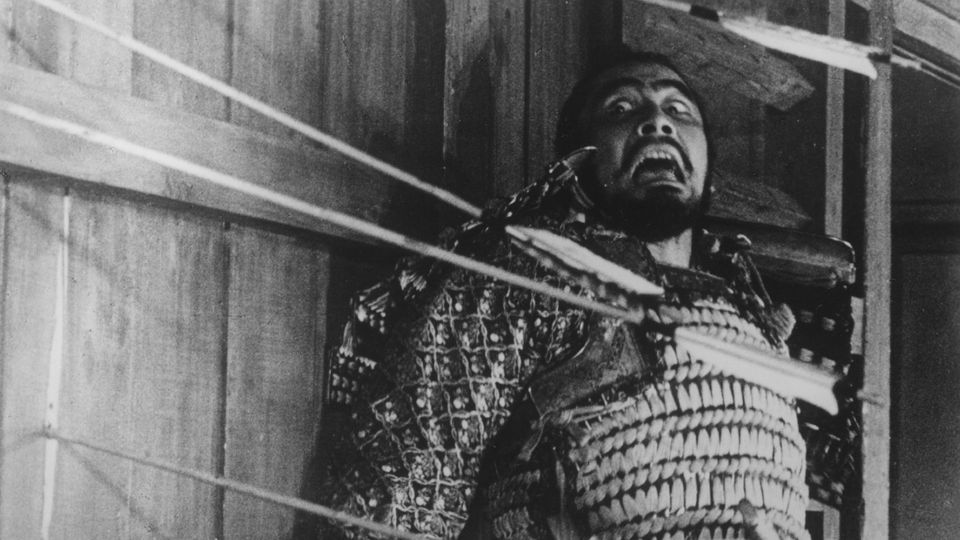
“The Throne of Blood” is the adaptation that Kurosawa made of William Shakespeare’s “Macbeth”; it depicts an ambitious character in search of power haunted by the actions and crimes he has committed to gain power.
Legendary Japanese actor Toshiro Mifune was the one selected to play the part of Taketoki Washishu, the warlord in place of Macbeth. Through the film, Mifune creates a complex character who is driven by his ambition but who doubts in every action he takes to fulfill it. The character sinks himself in a hole of blood that grows deeper and deeper; he transforms from a friend to a murderer, and becomes more and more afraid.
6. Daniel Day-Lewis in There Will Be Blood
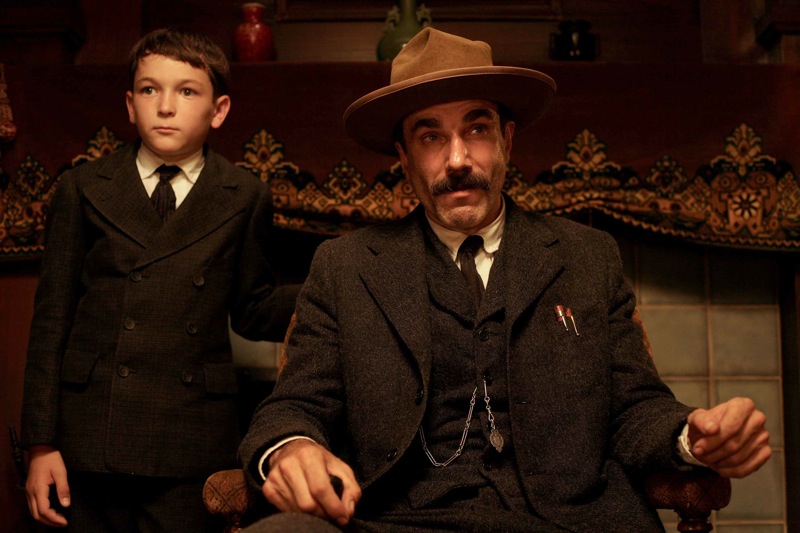
Paul Thomas Anderson’s films always depict complex and disturbed characters with many conflicts that end up getting an ambiguous reaction from the viewers, and one of the greatest examples is Daniel Plainview.
Daniel Day-Lewis is famous for his unique and intensive approach to acting, and the results of his techniques can be clearly seen in “There Will Be Blood.” Plainview indeed is one of the most cruel and sadistic characters in film history, but is also extremely organically achieved by the incredible Day-Lewis. This is one of the roles that proves the great influence that is acting in film form.
5. Anthony Hopkins in The Silence of the Lambs
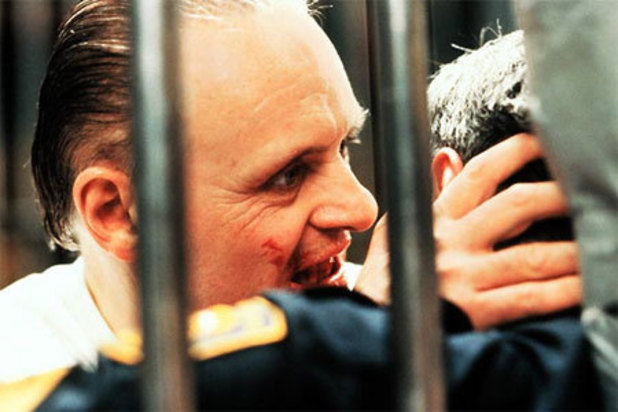
Sir Anthony Hopkins has played many memorable roles through his prolific career, and one of his most remembered parts is when he played Dr. Hannibal Lecter in “The Silence of the Lambs.” The character of Dr.
Lecter requires an actor who is able to deceive and to take control of interactions in a scene; Hopkins needed to create a character who could take control and be perfectly calm in circumstances of crisis, and who also was a constant treat, a memorable psychopath.
4. Marlon Brando in The Last Tango in Paris
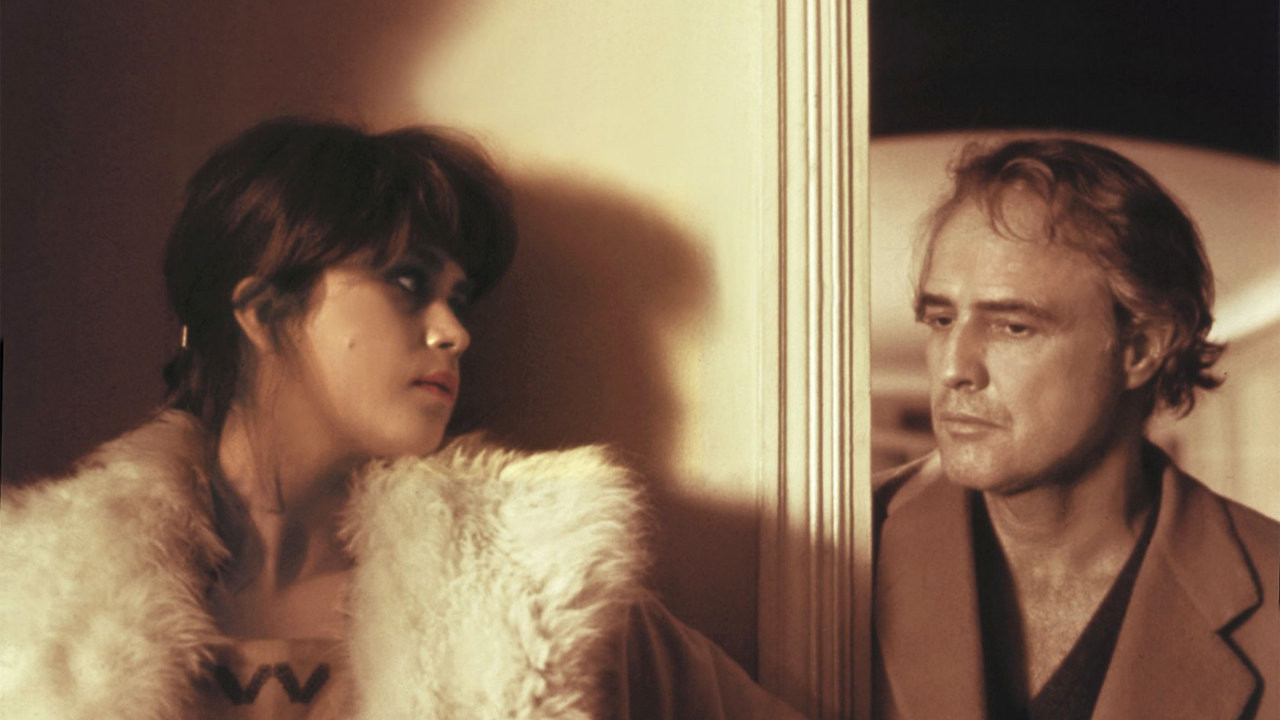
This polemical 1972 film by Bernardo Bertolucci displays the relationship between two characters: Paul, played by Marlon Brando, and Jeanne, played by Maria Schneider. The relationship between these two characters is full of violence and romance; its ambiguity reflects the ambiguous character of Paul, which is wonderfully depicted by Brando.
The complexities and ambiguities between romance and violence can be seen with a monologue delivered by Brando almost at the start of the film after the suicide of his wife. This monologue is probably one of the most brilliant moments in Brando’s career, and it reflects the most dark and painful side of a married life, with all the violence and distance that it implies.
3. Erland Josephson in The Sacrifice
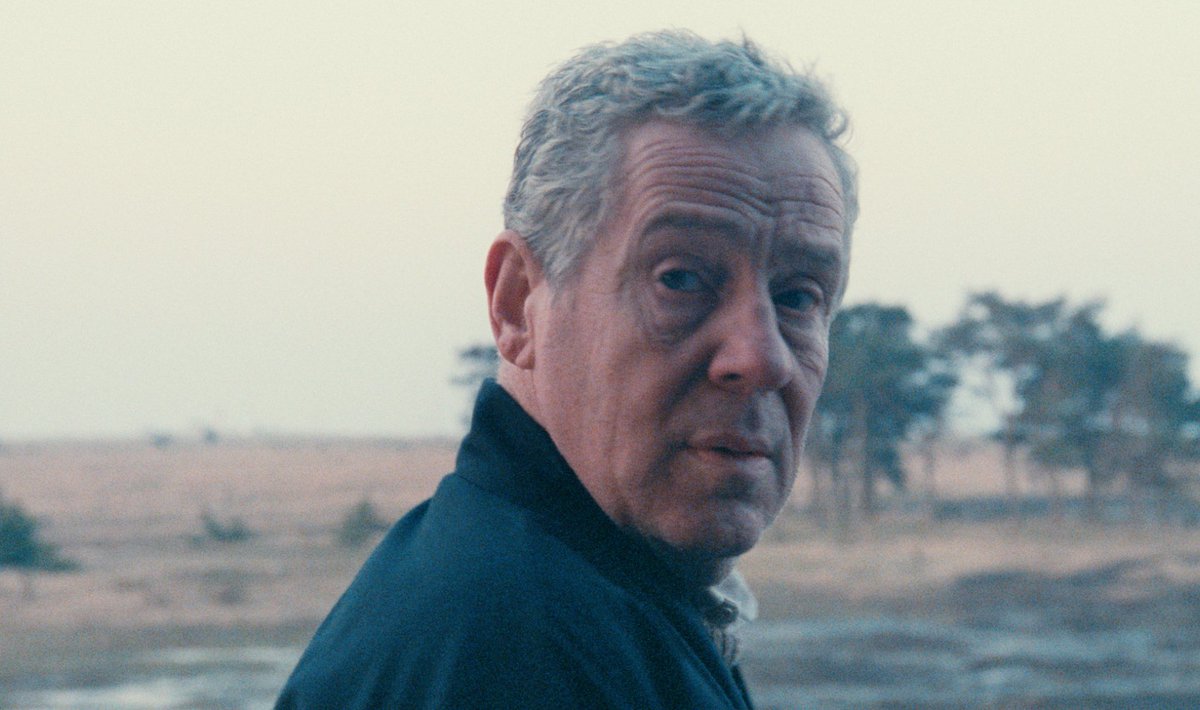
Andrei Tarkovsky’s last film had Erland Josephson as the main character: he is an intellectual and retired actor in middle age who, in a moment of the film, holds the “weight of the world” on his shoulders as he tries to make a deal to stop the end of the world.
“The Sacrifice” creates a dreamlike atmosphere in which reality starts to be doubted; the conflict of bearing the ability to save the world and the personal conflicts of his ordinary life are depicted by the wonderful direction of Tarkovsky, but also through the acting of Josephson.
2. Gunnar Björnstrand in Winter Light
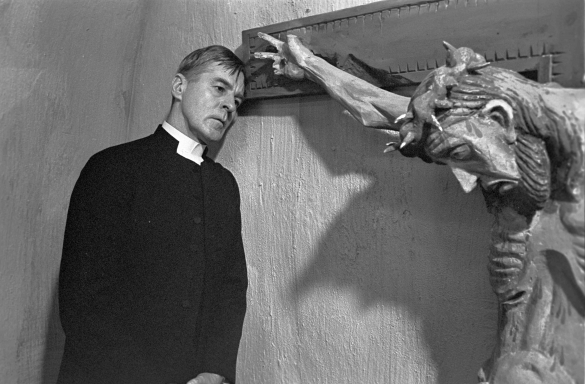
Gunnar Björnstrand was one of the greatest collaborators of Ingmar Bergman; he made outstanding appearances in many of his masterpieces, but it was in “Winter Light” where he made one of his most memorable roles.
“Winter Light” was considered by Bergman himself as his most perfect film, as it displays the crisis of faith of a pastor at a rural Swedish church. The pastor, Tomas Ericsson, faces many of the dilemmas of other Bergman films: the corruption of love, a silent God, and the inevitability of death, among other existential crisis. Björnstrand delivers a powerful and subtle part as this profound character.
1. Robert De Niro in Taxi Driver
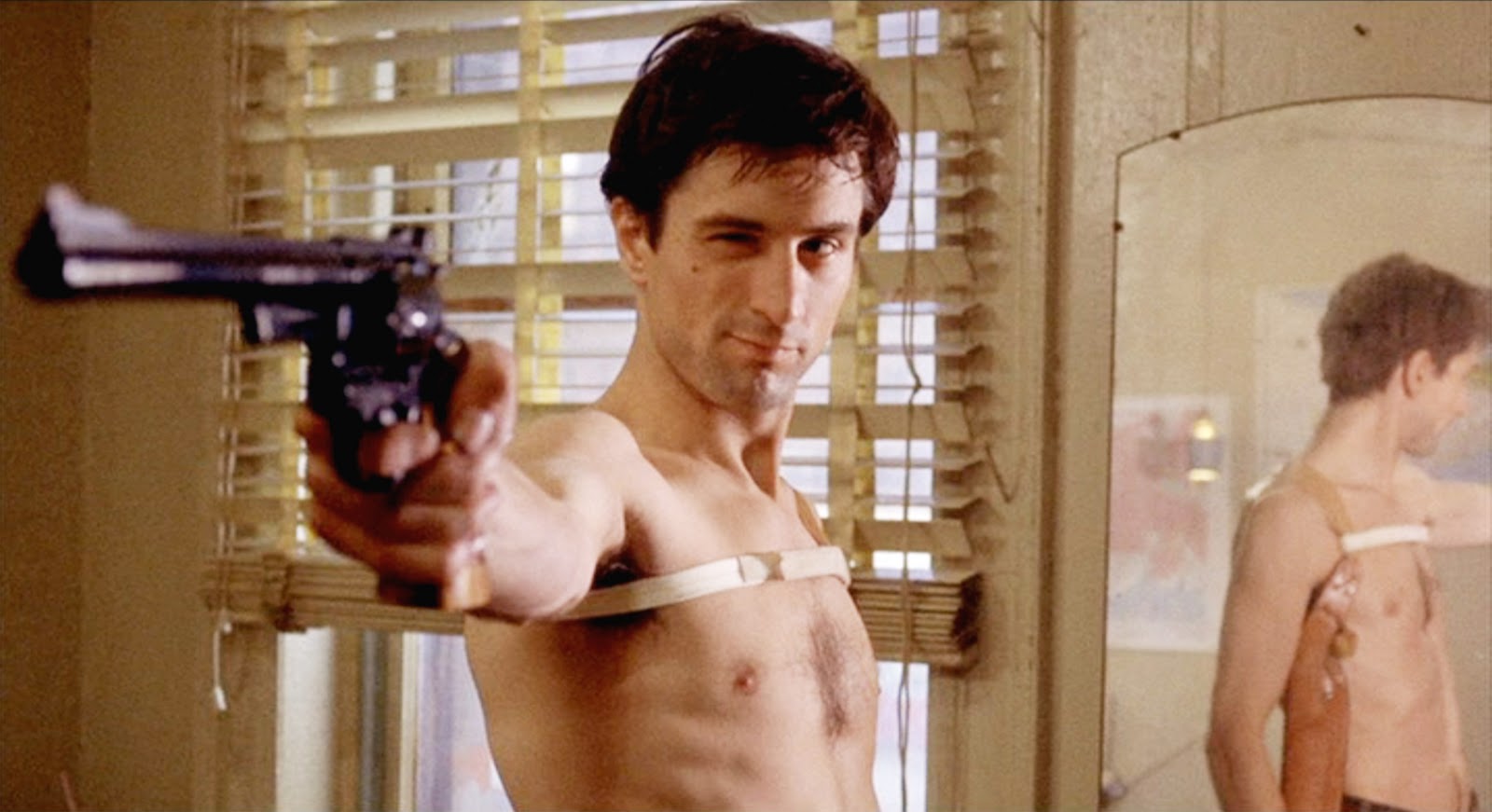
The great collaborator of Scorsese, Robert De Niro, delivered one of the great works of his career in “Taxi Driver,” playing a deranged and disturbed taxi driver and former soldier.
Travis Bickle, played by De Niro, is a man who works night shifts and makes money with no ulterior motive, falls in love but cannot understand social cues, and saves a little girl from prostitution. The complexity of Travis is great and it needed a master like De Niro in order to achieve the organic and at times compelling character that Travis ended up being.